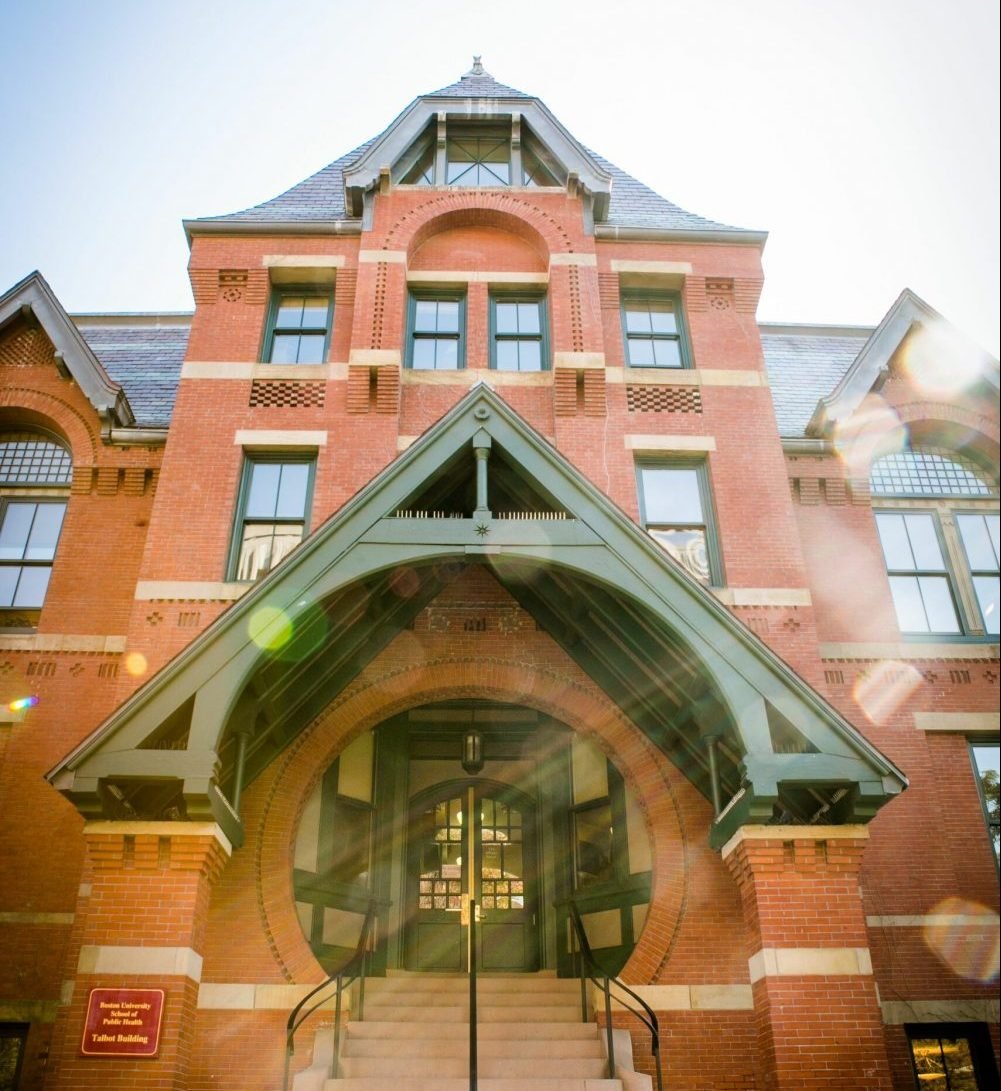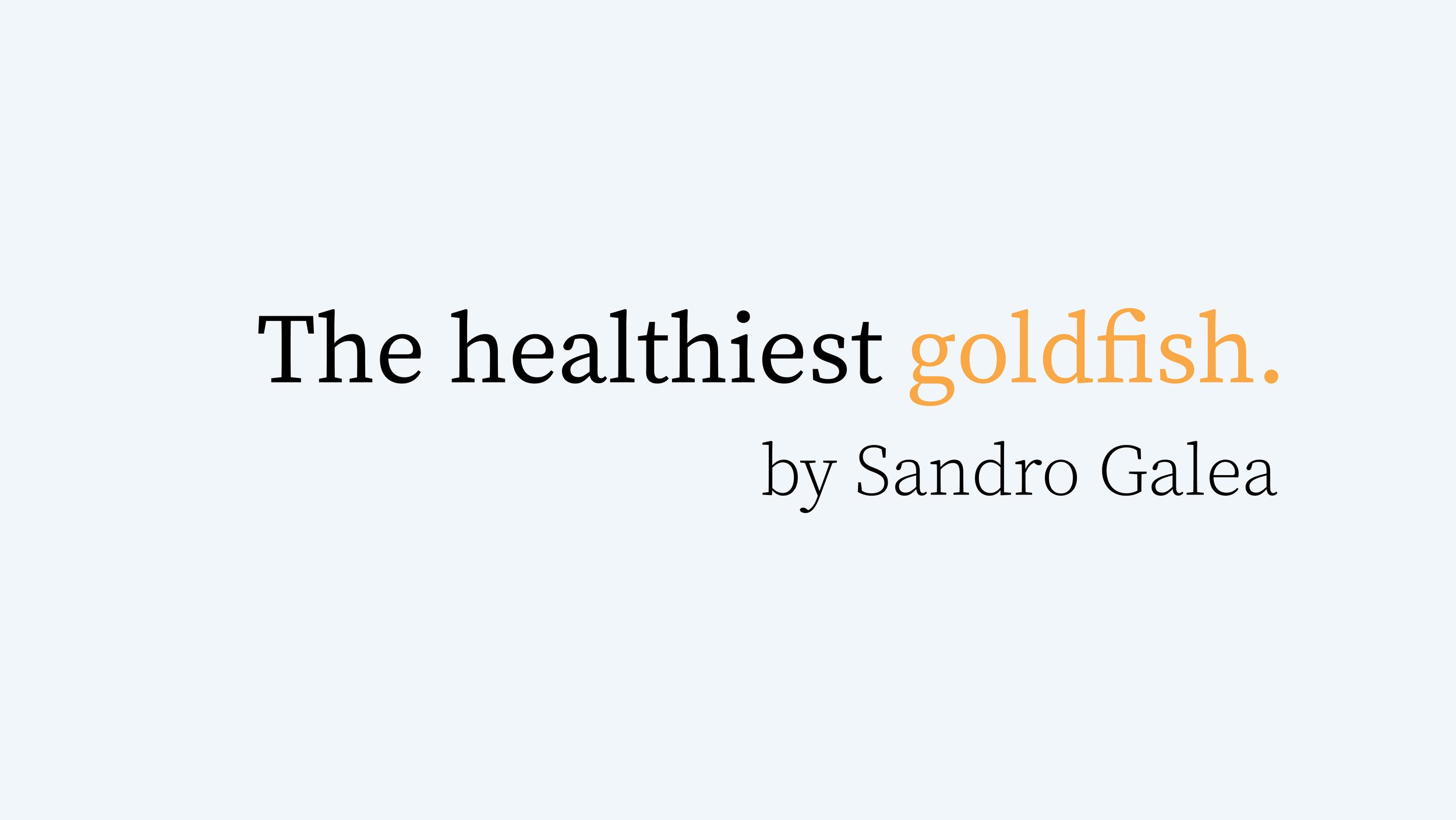Nearly five years on, it might be time to stop treating COVID as exceptional.
Schools are reopening, and flu season is just around the corner. Parents are facing the prospect of kids sharing germs and bringing them home. COVID cases have been on the rise and an infection can seem inevitable, making some parents particularly nervous.
This summer, it seemed like COVID was once again everywhere. The Centers for Disease Control and Prevention reported a surge of COVID in several states, including Massachusetts. According to wastewater data, COVID levels in Massachusetts were over twice the national average, reflecting the highest level of COVID in the state since last winter. Yet people wearing masks remained the minority and life was largely business as usual. Which raises the question: Is all this normalcy OK?
Read more here.




